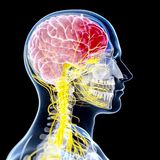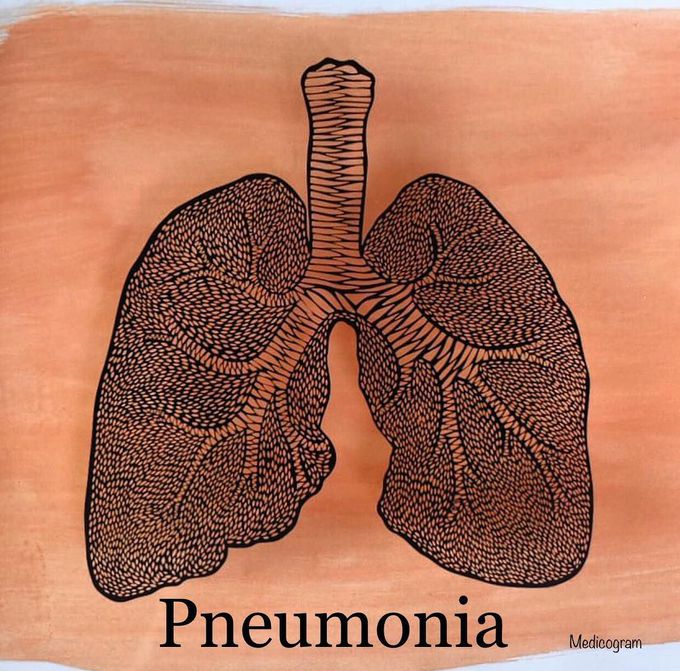


Pneumonia is an infection in one or both lungs.It can be caused by fungi, bacteria, or viruses. Pneumonia causes inflammation in lung's air sacs, or alveoli. The alveoli fill with fluid or pus, making it difficult to breathe. Symptoms of pneumonia can range from mild to life-threatening. Pneumonia is an infection of the lungs that is caused by bacteria, viruses, fungi, or parasites. It is characterized primarily by inflammation of the alveoli in the lungs or by alveoli that are filled with fluid (alveoli are microscopic sacs in the lungs that absorb oxygen).Bacterial pneumonia is usually more serious as it causes more severe symptoms. However, viral pneumonia caused by the flu virus can be life-threatening as well if it triggers a particularly severe inflammation of the lungs or is complicated by a secondary bacterial infection.Signs and symptoms of pneumonia may include:Chest pain when you breathe or cough.Confusion or changes in mental awareness (in adults age 65 and older)Cough, which may produce phlegm.Fatigue.Fever, sweating and shaking chills.Symptoms vary depending on a child's age and what caused the pneumonia, but can include:fever.shaking chills.cough.stuffy nose.very fast breathing (in some cases, this is the only symptom)breathing with grunting or wheezing sounds.

